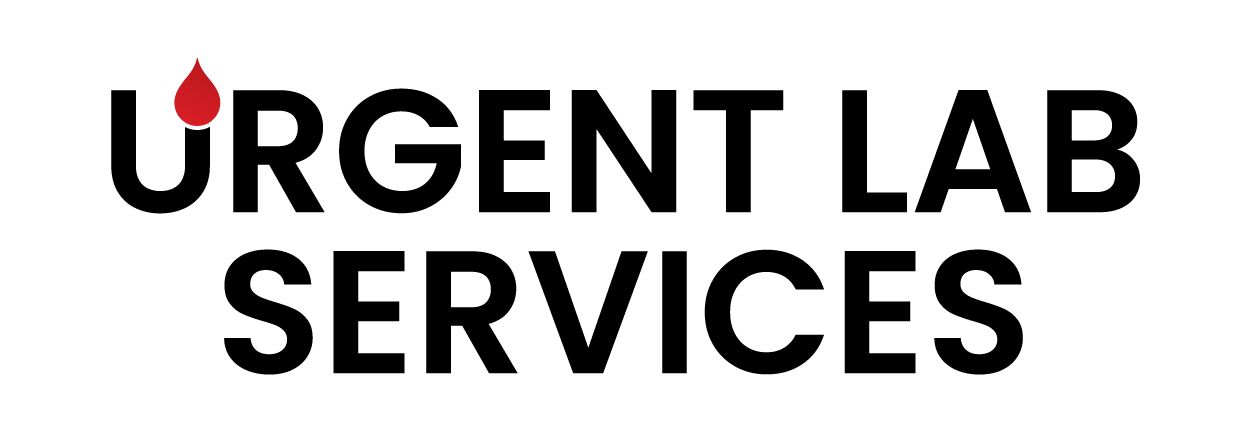Top 5 Compliance Risks Businesses Face and How to Address Them
In today’s fast-paced business environment, staying compliant with laws, regulations, and industry standards is more important than ever. Whether you're running a small startup or a large enterprise, failure to meet compliance requirements can lead to costly penalties, reputation damage, and even legal repercussions. As businesses grow and adapt, the landscape of compliance risks becomes more complex. Here’s a look at the top five compliance risks businesses face today and how you can address them effectively.
1. Data Privacy and Security Risks
With the rise of digital transformation, data has become one of the most valuable assets for businesses. However, with that comes the risk of non-compliance with data protection regulations like the General Data Protection Regulation (GDPR), California Consumer Privacy Act (CCPA), and other global privacy laws.
How to Address It:
- Understand the regulations: Regularly review and stay updated on the data protection laws that apply to your business.
- Implement strong data security protocols: Ensure that all sensitive customer and employee data is encrypted and securely stored.
- Train employees: Make sure your team understands the importance of data protection and the best practices for handling personal data.
- Conduct regular audits: Perform routine assessments to ensure compliance with data protection standards.
2. Labor and Employment Law Violations
Labor laws are constantly evolving, and many businesses struggle to keep up with the latest changes. Non-compliance with employment regulations such as wage laws, benefits requirements, and employee classification can lead to costly lawsuits, fines, and penalties.
How to Address It:
- Stay informed about labor laws: Keep up with changes in federal, state, and local labor laws to ensure compliance with wage, hour, and benefits requirements.
- Review employee classifications: Properly classify workers as full-time, part-time, contractors, or temporary to avoid misclassification issues.
- Create clear employee policies: Ensure your employee handbook is up-to-date with current labor laws and communicates clear expectations regarding conduct, benefits, and rights.
- Provide training: Regularly educate your HR team and managers on legal changes related to labor and employment laws.
3. Health and Safety Compliance Risks
Compliance with health and safety regulations, such as those outlined by the Occupational Safety and Health Administration (OSHA), is essential to protect your employees and avoid legal consequences. Failing to adhere to safety standards can result in accidents, fines, and severe reputational damage.
How to Address It:
- Implement safety protocols: Create and enforce a workplace safety program that meets OSHA standards and promotes a culture of safety.
- Regularly conduct safety audits: Schedule audits and inspections to ensure safety measures are being followed and address any areas of concern.
- Provide safety training: Ensure all employees receive proper training on workplace safety procedures and emergency protocols.
- Report accidents promptly: Always comply with OSHA reporting requirements in the event of workplace injuries or incidents.

4. Environmental Compliance Risks
Environmental regulations are becoming stricter worldwide. Companies in industries like manufacturing, construction, and energy face heightened scrutiny to ensure that their operations do not harm the environment. Failure to comply with regulations can result in hefty fines and reputational damage.
How to Address It:
- Understand the environmental regulations that apply to your business: Familiarize yourself with the environmental laws relevant to your industry, such as waste management and emissions standards.
- Develop an environmental management plan: Create strategies for reducing waste, conserving energy, and minimizing your business's environmental impact.
- Monitor and track your compliance: Implement systems to measure your environmental impact and ensure compliance with regulations.
- Seek certification: Consider getting certified under environmental standards such as ISO 14001, which demonstrates your commitment to sustainability and compliance.
5. Tax Compliance Issues
Tax regulations are notoriously complex and vary depending on your location and business model. Non-compliance with tax laws, whether it’s due to inaccurate reporting, missed deadlines, or incorrect deductions, can lead to audits, penalties, and loss of credibility.
How to Address It:
- Keep accurate records: Ensure all financial records are accurate and up to date, and establish a clear process for tracking business expenses, revenues, and deductions.
- Hire a professional accountant or tax advisor: Having an expert guide you through the tax process can ensure compliance and minimize errors.
- Regularly review tax laws: Stay informed about any changes to local, state, and federal tax laws that may affect your business.
- File on time: Avoid penalties by ensuring that all tax returns and payments are filed on time.
Bonus: Drug and Alcohol Testing Compliance
One often-overlooked compliance risk is related to drug and alcohol testing in the workplace. Businesses that operate in industries like transportation, healthcare, and manufacturing need to meet strict requirements regarding employee drug testing to comply with federal and state regulations. Failing to properly implement drug and alcohol testing policies can lead to serious legal and safety risks.
How to Address It:
- Develop a clear drug and alcohol testing policy: Ensure your company’s policy aligns with industry standards and legal requirements.
- Work with a trusted testing partner: Partner with a reliable provider like Urgent Lab Services, who specializes in conducting accurate, compliant drug and alcohol testing.
- Educate employees: Make sure employees are aware of the policy and the potential consequences of violating it.
- Regularly review your procedures: Keep your testing processes up-to-date with changing regulations to maintain compliance and protect your workforce.

Need Help with Drug and Alcohol Testing Compliance?
At Urgent Lab Services, we specialize in providing comprehensive drug and alcohol testing services to help businesses stay compliant with all relevant regulations. Whether you're looking for pre-employment screening, random, reasonable suspicion, post accident, return to duty, or follow-up testing, our team is here to support you in maintaining a safe and compliant workplace.
Contact us today to learn more about how we can help your business navigate the complexities of compliance with drug and alcohol testing. Your compliance is our priority.
